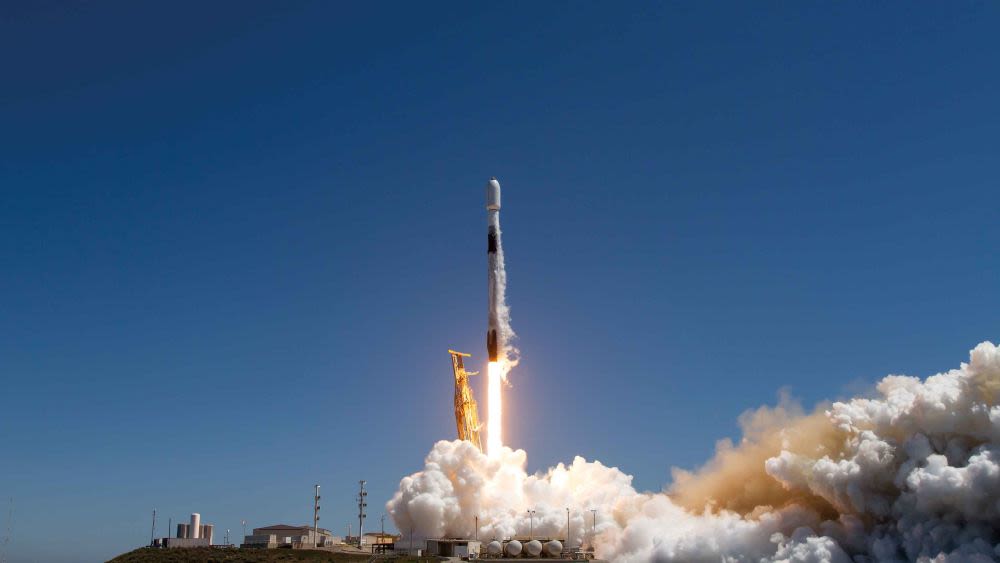The United Kingdom has long been on the sidelines in the realm of space exploration and warfare capabilities. Once, the nation was a pioneer with a burgeoning satellite launch capacity, but more than fifty years ago, the program was abruptly halted. This left the UK as the only country to develop, and then abandon, such an essential capability. However, as global conflict dynamics evolve, space has emerged as a new battlefield, urging the UK to reclaim its stance and possibly lead the charge.
A Renewed Focus on Space
In February 2022, the landscape of warfare experienced a paradigm shift when hackers disabled Viasat satellite modems in Ukraine, disconnecting the nation’s military and government from critical surveillance and communication systems. This incident underscored the strategic importance of space in modern warfare. The UK’s current reliance on foreign satellites illuminates its vulnerabilities. Despite the clear risks, only 1% of the UK’s defense budget is allocated to space, a glaring oversight for a nation with so much at stake.
Today, the impetus for change is evident. In 2022, the UK space sector saw an investment inflow of £6.5 billion. The establishment of the UK Space Command in 2021 marked a strategic pivot, amalgamating expertise from the Royal Navy, British Army, and Royal Air Force to address and counter threats in space. This initiative signifies a concerted effort to secure national sovereignty in space operations.
Sovereignty and Capability Building
The launch of the UK’s military satellite, Tyche, marks a significant step toward self-reliance. Tyche provides critical imagery and video feeds, essential for monitoring troop positions and responding rapidly to threats—symbolizing a shift from reliance on US assets. However, challenges remain, as Tyche was launched via a SpaceX rocket from Cape Canaveral, highlighting the absence of a homegrown launch capability.
While the UK attempts to regain its independence in space, European counterparts like France, Spain, and Germany have ramped up their investments in local satellite and launch technologies. France’s €400 million subsidy support for rocket start-ups, alongside Spain and Germany’s respective funding for satellite launchers and platforms, exemplifies a continental shift towards independent space capabilities.
Challenges in Strategy and Leadership
Despite these positive developments, the UK’s strategic approach to space is fraught with operational inefficiencies. A lack of cohesive strategy has led to confusion and misalignment among departments overseeing civilian and defense space operations. The fragmented nature of space governance in the UK has prompted industry leaders to call for a unified strategy. According to Skyrora’s director, Alan Thompson, a more coordinated effort is imperative to channel existing resources effectively.
The need for bespoke leadership in coordinating these strategies is clear. The absence of a dedicated figure to streamline policy across departments like the Ministry of Defence and the Department for Business and Trade has kept the UK from achieving its full potential in the space sector.
Opportunities for the Future
As the global space sector grows, so does the potential for the UK to capitalize on emerging opportunities. With significant investment in SMEs within the UK’s space industry, and continued development of projects like the forthcoming sub-orbital launch by Skyrora, optimism remains that the UK can secure a profitable future in space.
The question now is whether the UK is prepared to sustain this momentum. With strategic government intervention and targeted financial support, the nation could regain its status as a leader in space exploration and defense. This will require embracing new technologies, fostering international cooperation, and most importantly, executing a coherent space strategy that aligns national security with technological advancement.
